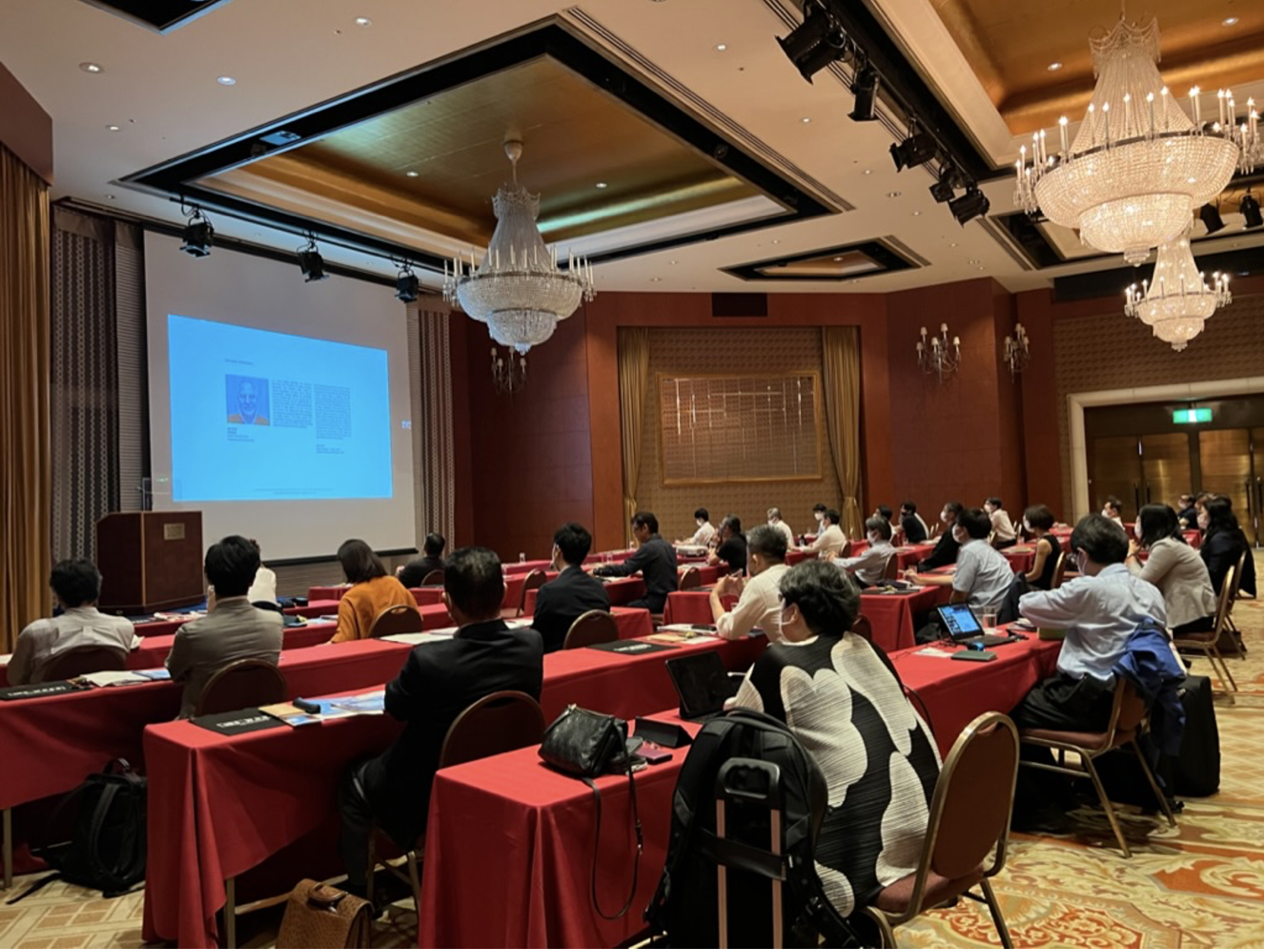Since the beginning of the pandemic, we have implemented a hybrid strategy for our seminar programs that allowed us to deliver them through the Zoom Webinar platform even during periods of high case numbers. This strategy has been very effective in also increasing the overall reach of these programs. Conversely, it did take away our opportunity to build stronger bonds with the participants and such in-person exchanges are particularly important in regions outside of Tokyo where we cannot be as often. Luckily with the COVID-19 situation in Japan improving over the spring, BC Wood was able to move forward with its plan to deliver in-person technical training seminars on designing with Western Red Cedar in both Hiroshima and Fukuoka.
It has been almost ten years since we have delivered seminars in either of these cities, so we were very excited to be able to finally go back again. As an up-and-coming hub city for East Asia with a lot of commercial as well as residential development to support its growing population, we had high expectations for Fukuoka in particular. With the two seminars back-to-back, we were also able to offer designers and architects from over a wide region of Western Japan, stretching from the Kansai region to the southern part of Kyushu, the option of taking part in either location. This strategy worked well and helped us recruit almost 80 participants.
Based on what we learned during last year’s first run of this series, we refined the curriculum while also bringing in two new lecturers in order to keep the content fresh. Leveraging the positive industry feedback from last year’s seminars, we were also able to secure more co-operation from the architectural associations in reaching out to their membership. While BC Wood Japan’s 20,000+ industry contact database is at the heart of all our promotions, engaging with professionals that are new to us is always a high priority. For this reason, we were ecstatic that over 50% of the participants at both venues were first time contacts.
The feedback from the participants was very positive, with many even current specifiers of WRC saying that they learned new ways to both use the species as well as to design for durability with it. With the challenging market conditions over the past few years that have at times somewhat strained perceptions of Canada, the seminars were seen and appreciated as a strong message of support for the Japanese industry and their efforts. The final WRC design themed technical training seminar this year will be held in Tokyo at the end of September with a hybrid approach so that architects and designers across Japan can take part. However, we hope that the COVID-19 situation at the time will allow us to freely recruit in-person participants for that as well so we can strengthen our connections like we did in Hiroshima and Fukuoka.
